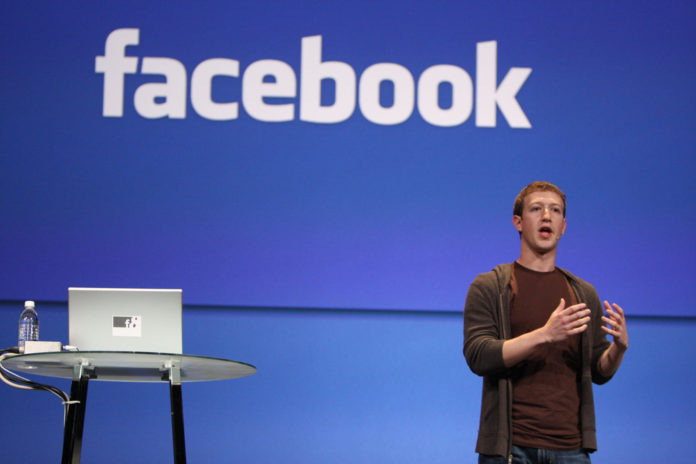
Facebook, Microsoft, YouTube and Twitter have made it known that they will collaborate on attempts to curb the spread of ‘terrorist content’ on their respective websites.
In this joint blog post, the companies announced that they will be creating a “shared industry database” of digital “fingerprints” called hashes, for content that has already been removed from the websites, which includes violent imagery and media that promotes terrorist recruitment. This is done to facilitate the identification and removal of similar content from the other services as well.
“There is no place for content that promotes terrorism on our hosted consumer services. When alerted, we take swift action against this kind of content in accordance with our respective policies,” the post said.
The content, however, would not be automatically removed. Instead, it would be reviewed against the individual company’s policies and definition of terrorist related content, and then removed. This, however, raises questions about the speed with which said content would be taken down, before its widespread circulation on the consumer based platforms.
At the same time, the post stated that the privacy of users would be honoured, and “personally identifiable information” would not be shared. But there was no statement claiming that the information would not be collected, and made available to the government in case of requests.
The program is expected to be up and running by the beginning of 2017. The move comes as an attempt to pacify government concerns over the extensive use of social media for the spread of terrorist related content. Terrorist groups such as Daesh have increasingly used social media as tools for radicalization and recruitment.
A similar program and database are currently in place to make sure no child pornography surfaces on these services.
Initially, beginning with a pool of content from Microsoft, YouTube, Facebook and Twitter, the involvement of more companies in the future in hoped for.























